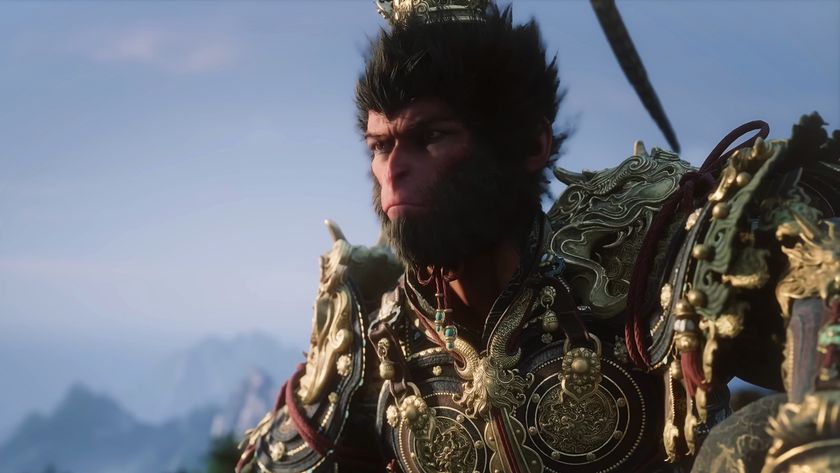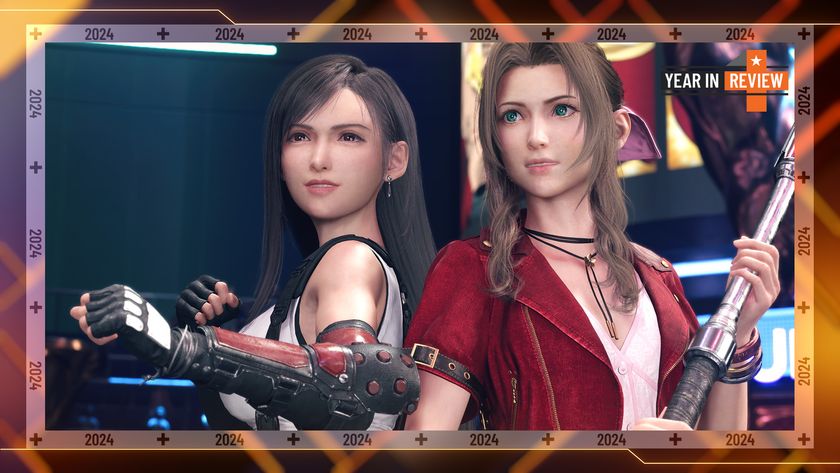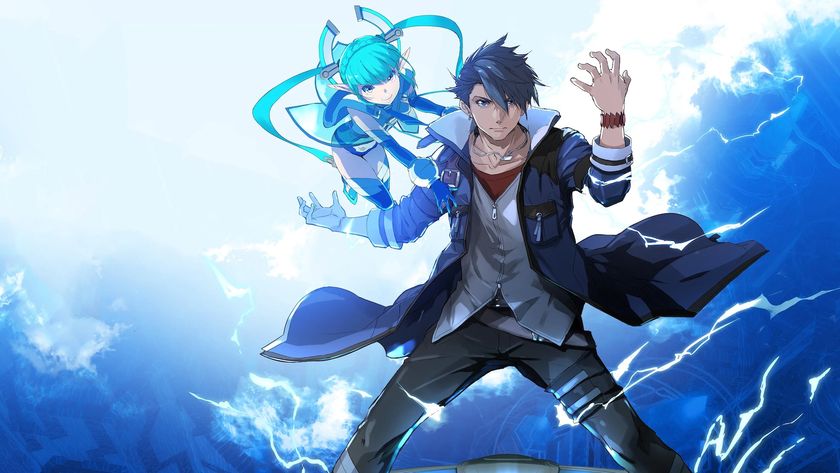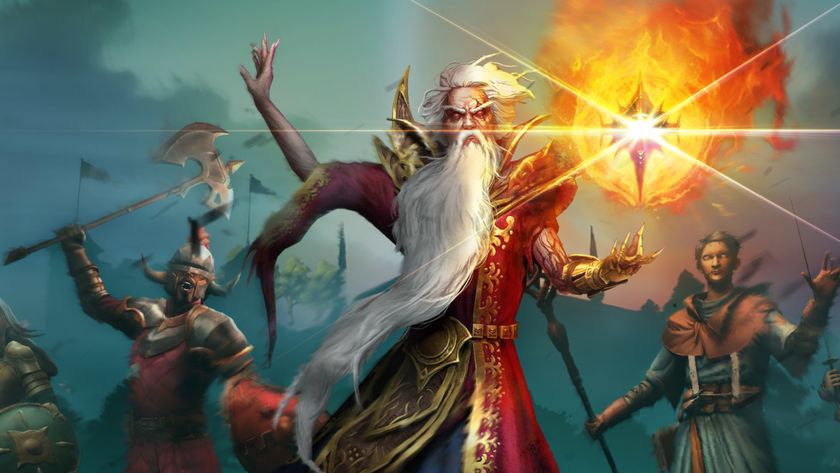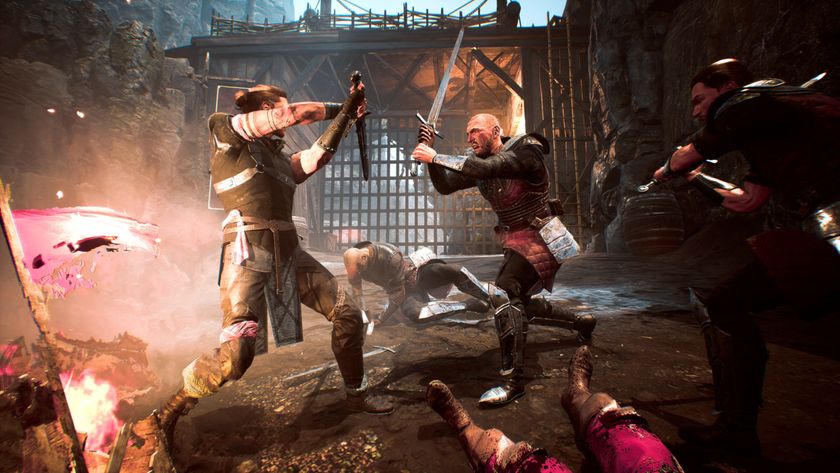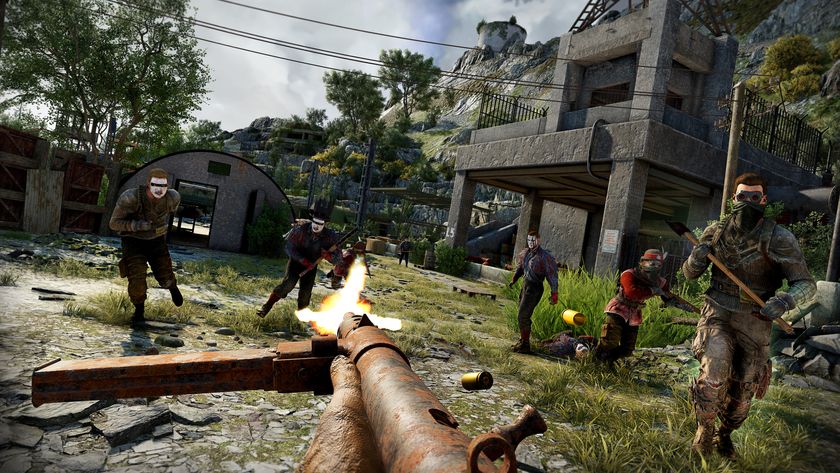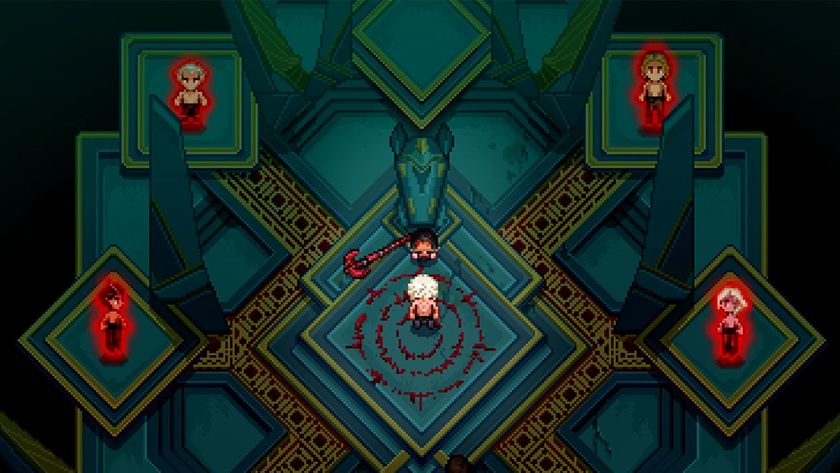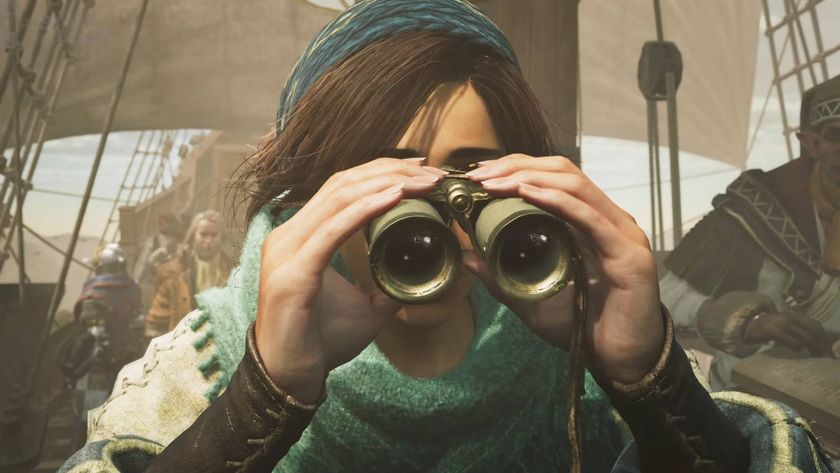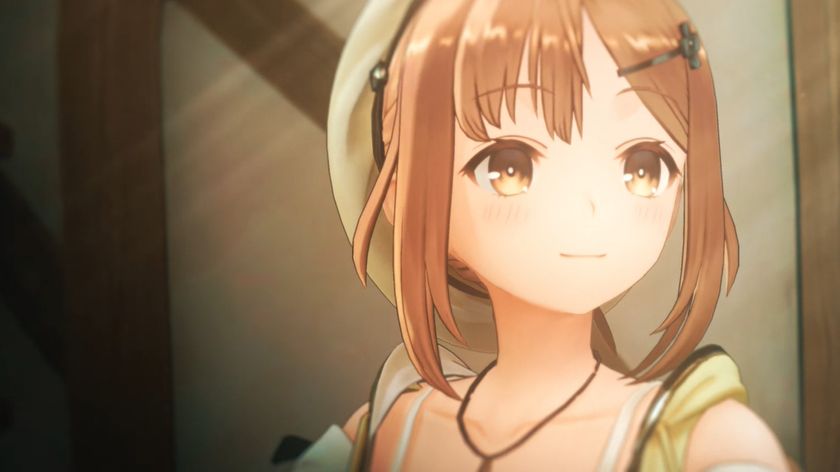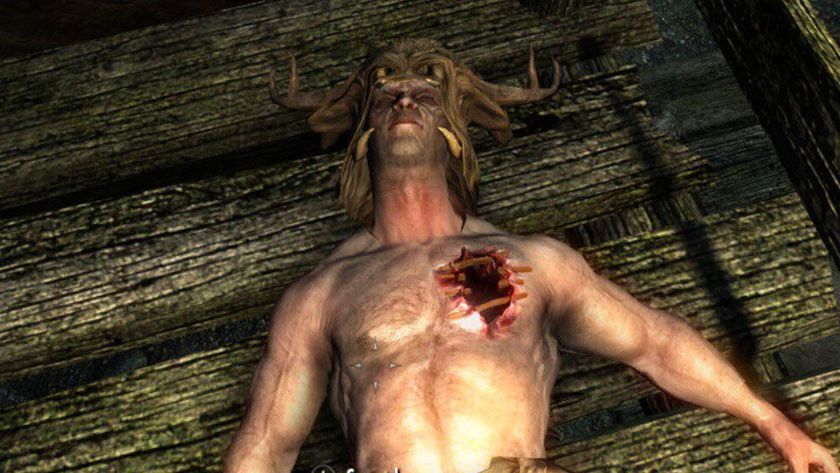The western RPG that defined JRPGs finally has the remake it deserves
The most important RPG ever created is back for a new generation
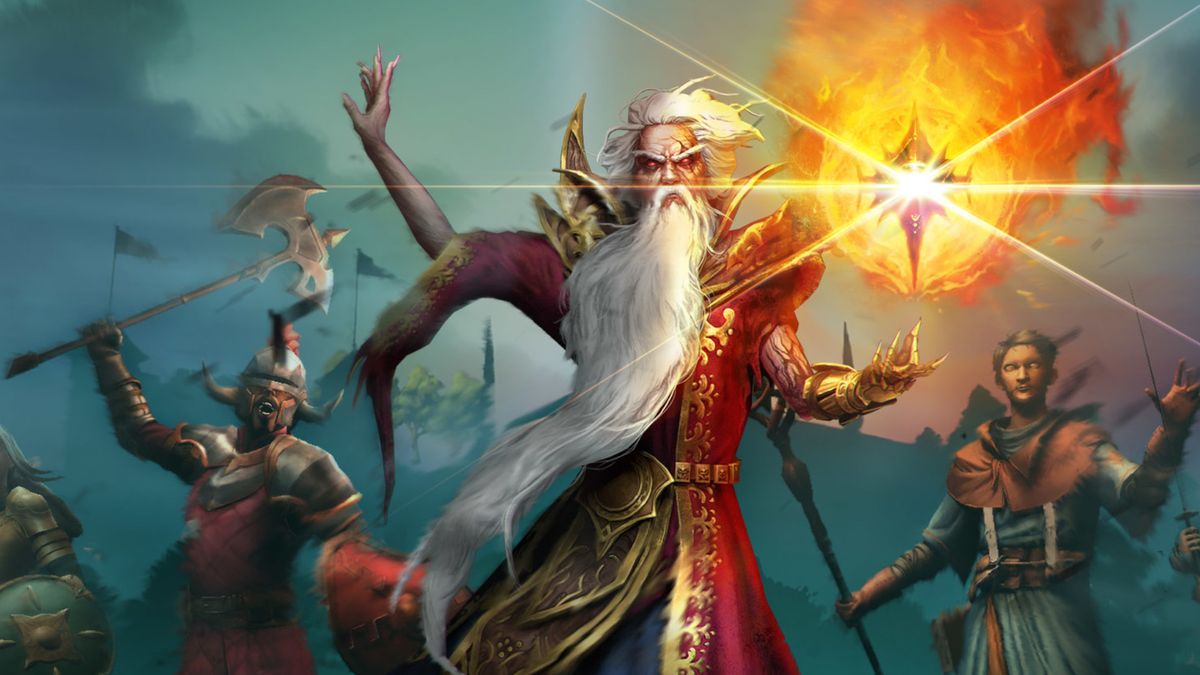
Wizardry: Proving Grounds of the Mad Overlord is the most important RPG ever created, and this direct predecessor to the likes of Dragon Quest and Final Fantasy is finally getting the remake it's deserved for over 40 years.
Digital Eclipse is a studio known for retro collections that go well beyond simple rehashes of classic games. Recent projects like Atari 50 and The Making of Karateka are full-on interactive documentaries, and the studio has developed a reputation as not just an emulation house, but a genuine steward of gaming history. That's why this particular studio's sudden release of a Wizardry remake is so exciting.
This new edition of Wizardry is built in full 3D with the Unreal Engine, but the devs say that despite the looks, "underneath the hood is the authentic game." The original Apple II interface even appears as an overlay as you play, so you can see exactly how it looked back in the day. There are a load of quality of life improvements to make exploring the game a bit less frustrating, but there are toggles to turn it all off so you can enjoy the frequent horrors of the original difficulty curve.
The Wizardry remake is available on GOG and Steam Early Access right now at a price of $30 USD. The game's playable from beginning to end, but the devs say there are a load of visual details yet to be added and a fair few bugs you may encounter - plus, brand-new features like a bestiary are in development, too. The devs hope to have the 1.0 version out by the end of 2024. Console versions may follow after the 1.0 PC release, but the devs haven't committed to them yet.
Now, if you've been gaming for less than 40 years, you might be wondering what the big deal with Wizardry actually is. It wasn't the first digital RPG, but it was the first to let you control a full party of characters. In 1981, Wizardry and Ultima cemented the definition of computer RPGs and served as the joint inspiration for basically every genre entry that would follow.
Both Ultima and Wizardry were translated for Japanese computers a few years after their original release, and the latter proved to be a particularly robust influence for a budding generation of legendary developers in Japan. Yuji Horii created Dragon Quest - the original JRPG - specifically as an effort to bring the joy of Wizardry to a more casual audience on consoles.
Hironobu Sakaguchi, the man who got the opportunity to create Final Fantasy in the wake of Dragon Quest's success, similarly aimed to capture the spirit of Wizardry in his own game. In a Japanese interview translated in the book Power-Up by Chris Kohler, Sakaguchi said that RPGs were "totally different from the arcade games of the time - there was a story and you could play them for a long time. So I fell into this thing called role-playing games, and after that I hardly ever went to class. I would just pull all-nighters with Wizardry."
Sign up to the 12DOVE Newsletter
Weekly digests, tales from the communities you love, and more
Wizardry's influence is impossible to overstate. Without it, western RPGs and JRPGs alike would look dramatically different than they do today. While you're looking forward to Final Fantasy 7 Rebirth, it's worth looking back at the game that truly started it all.
What would our list of the best RPGs look like without Wizardry?

Dustin Bailey joined the GamesRadar team as a Staff Writer in May 2022, and is currently based in Missouri. He's been covering games (with occasional dalliances in the worlds of anime and pro wrestling) since 2015, first as a freelancer, then as a news writer at PCGamesN for nearly five years. His love for games was sparked somewhere between Metal Gear Solid 2 and Knights of the Old Republic, and these days you can usually find him splitting his entertainment time between retro gaming, the latest big action-adventure title, or a long haul in American Truck Simulator.
